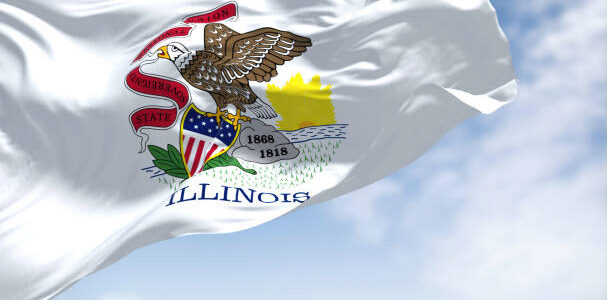BlogLine
Illinois Appellate court reaffirms the state’s broad application of the litigation privilege
8/26/24

By: Thomas T. Bishop and Donald Patrick Eckler
Yes, even emails to interested nonlitigants can be protected by litigation privilege in Illinois. That is the result from the Illinois Appellate Court, First District, in Qualizza v. Freeman et. al., 2024 IL App (1st) 231534-U.
In a dispute arising out of an alleged misappropriation of business funds and fee splits, one of the defendants (“Qualizza”) filed a counterclaim alleging defamation per se against one of the Plaintiffs (Freeman), and a third-party complaint alleging defamation per se against Freeman’s lawyer, John Perkaus, and his law firm Perkaus & Farley, LPP. The defamation claims related to three email communications made by Plaintiff and his lawyer.
The communications stemmed from an email thread initiated by one of Plaintiff’s business partners, inquiring about the status of Plaintiff’s funding with the partner’s business. The email thread included the Plaintiff, the third-party defendant attorney, and 13 other recipients who were not parties to the litigation but were involved in a business project that was identified in the complaint. In that email thread, the Plaintiff’s lawyer responded to the inquiry by summarizing the allegations of defendant’s misdirection of funds and attached a copy of the filed complaint. Plaintiff then responded to his lawyer’s previous email by saying “the courts can decide whether [Defendants] misappropriated millions of dollars without the knowledge of the majority owners,” and again attached a copy of the filed complaint. Defendant alleged that the Plaintiff and his lawyer’s emails to 13 non-parties to the litigation, and the allegations in the complaint attached to the lawyer’s email, were defamatory pe se to Defendant.
The Plaintiff moved to dismiss the defendant’s claims for defamation, arguing that the emails were protected by litigation privilege. The circuit court agreed and dismissed the defamation claims. The Illinois Appellate Court affirmed the lower court’s dismissal of the defendant’s defamation claims.
Ultimately, the appellate court determined that the emails survived the “pertinency test,” such that they were protected by litigation privilege. The pertinency test in Illinois hinges on two factors: 1) whether the publications relate to the underlying litigation and 2) whether the recipients of the publications have a sufficient interest in the litigation. As for the first factor, the appellate court held that both Plaintiff and his lawyer’s emails with the allegations of misdirected fee splits were relevant responses to the inquiry about the business partnership’s funding, and addressed “how the ongoing litigation affected the status of one of the projects described in the complaint.” Qualizza, page 12. Secondly, each of the recipients had an interest in the business partnership which was cited in the complaint, and were not just random members of the public. Accordingly, the recipients were each “sufficiently interested parties,” even though 13 of the email recipients were not parties to the lawsuit. Because both factors of the pertinency test were satisfied, the Illinois Appellate Court found that the litigants’ emails were protected under litigation privilege.
The court’s ruling serves as a reminder that Illinois courts will protect certain communications to nonlitigants from defamation claims.
For more information, please contact Thomas T. Bishop at thomas.bishop@fmglaw.com, Donald Patrick Eckler at patrick.eckler@fmglaw.com, or your local FMG attorney.
Share
Save Print
